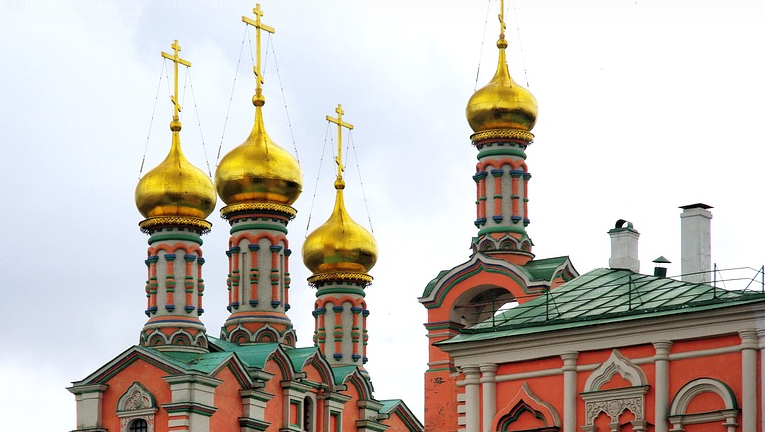On Thursday afternoon, news broke that Russia had officially banned its community of Jehovah’s Witnesses, labelling the religious sect an “extremist group.” However, although CBS and NBC discussed the legalization of pot, none of the evening network news shows mentioned the Kremlin’s egregious breach of religious freedom.
In Russia, religious liberty as a whole—and Jehovah’s Witnesses in particular—have long been under attack. As The Washington Post’s Amanda Erickson noted, the pacifist group was officially labelled “extremist” in February, and many were locked out of their offices. Now, the outcome that freedom lovers feared has come to pass—the group has been outlawed for good.
 Why? It was a flimsy rationalization, but Justice Ministry attorney Svetlana Borisova used it anyway. Before the Supreme Court, she argued: “They pose a threat to the rights of the citizens, public order and public security.”
Why? It was a flimsy rationalization, but Justice Ministry attorney Svetlana Borisova used it anyway. Before the Supreme Court, she argued: “They pose a threat to the rights of the citizens, public order and public security.”
After six days of deliberations, the Supreme Court sided with the Kremlin. The April 20 ruling resulted not only in the ban of public evangelizing and church-affiliated activities, but also the government seizure of the group’s St. Petersburg offices and nearly 400 church buildings.
Those who refuse to comply will face jail time or fines.
Alexander Verkhovsky, the head of the Moscow-based SOVA Centre for Information and Analysis and an anti-extremism expert, told the New York Times that the government’s reasoning was ridiculous.
“I cannot imagine that anyone really thinks they are a threat,” he commented. “But they are seen as a good target. They are pacifists, so they cannot be radicalized, no matter what you do to them.”
 But because they do not engage in military service, voting and other state-sponsored activities, Jehovah’s Witnesses are viewed with mistrust by President Putin. Furthermore, the sect is headquartered in the U.S., Erickson noted, and Putin is “naturally suspicious of groups with pro-Western sympathies.”
But because they do not engage in military service, voting and other state-sponsored activities, Jehovah’s Witnesses are viewed with mistrust by President Putin. Furthermore, the sect is headquartered in the U.S., Erickson noted, and Putin is “naturally suspicious of groups with pro-Western sympathies.”
Although the networks were silent on the outrage, many others were quick to denounce the news. Thomas J. Reese, Chair of the U.S. Commission on International Religious Freedom, condemned the move, noting that “individual and community expressions of faith, and even private religious beliefs, are not safe from state-sponsored repression and coercion in Russia today.”
“With this decision,” he continued, “the Russian government takes another unnecessary step away from the international community and toward isolation.”
This most recent infringement of liberty comes on the heels of another grave human rights violation—the news that gay men have been rounded up into concentration camps in the region of Chechnya. Shamefully, the network evening news shows also failed to cover this atrocity.





